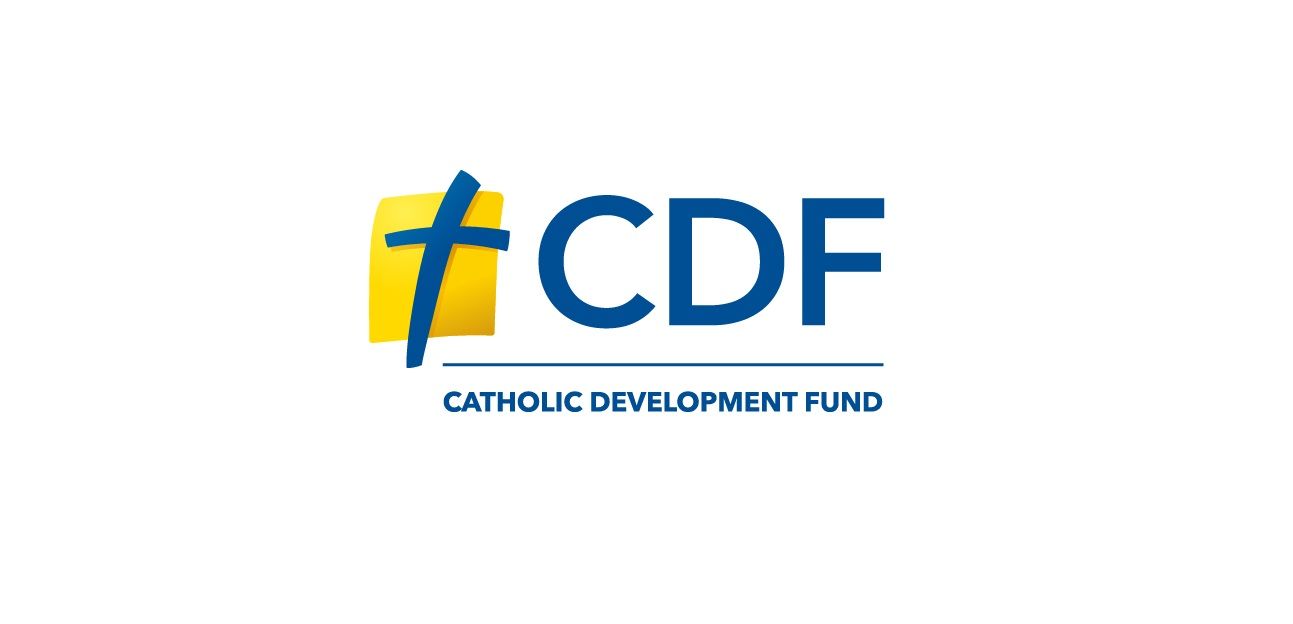Over the past few weeks, online scams and cyber security have become front-page news as personal information was compromised in online, fraudulent activity. While the news about these large telecommunication companies being targeted may be worrying, it also serves as a stark reminder that cyber-crime in Australia is continuing to rise.
Personal Information Online
The true cost of scams can pose more than a financial risk – they can have life-changing consequences for many.
When it comes to your personal information, it is important to remember that scammers can use personal details to commit fraudulent activities, such as changing account details or opening new accounts in your name, so it is important to stay vigilant. When an offender steals another person’s identity for financial gain or other benefits, it is known as identity theft.
Common signs of identity theft include:
Phishing
Phishing is a type of fraud where the scammer delivers an electronic communication that appears to come from a legitimate service or reputable source. The scammer may contact you by email, phone or SMS, or also on social media.
The offender aims to con recipients into revealing confidential information that can then be used for their financial advantage e.g., online login details or passwords.
Signs of a phishing scam include:
- The email address does not match the company name or domain.
Check that the email address of the sender is authentic. If you’re unsure, contact the business directly using the contact details that you have sourced independently and are legitimate. - There are spelling and grammatical errors.
Written mistakes are often signs that the communication could be a scam. - You are asked to update or to confirm personal details.
If you are requested to act or do something, the offender is trying to obtain your personal details. Think twice before handing important personal details across. - You are asked for immediate action.
Scammers aim to create a sense of urgency to encourage immediate response. Take time to consider and check if the communication is real.
Hacking
Hacking is the activity that gains unauthorised access to systems and data. This access may have been gained via your computer, mobile device or network.
When a scammer hacks your device or network, they will use your personal details to commit more fraudulent activity, such directly accessing banking accounts and details.
While this type of identity theft is more direct, it is equally concerning as fraudsters can obtain direct access to important accounts. Common signs of compromise include:
- Inability to log-in to computer, device or online account.
- Unusual or new icons appear on your device.
- Pop-up boxes appear on your screen, offering help or asking you to ‘close’ the message.
- Unexpected, large phone, data or internet bills.
- Unusual banking transactions.
- No phone reception.
What more can you do to protect yourself and your personal information?
With cyber offenders becoming more sophisticated and active, keeping alert and knowing what to look for may help you spot and prevent suspicious activity. Here are tips to stay ahead of scammers:
- Stay aware and understand the different types of scams
- Ensure your personal details are secure and difficult to guess
Keep passwords, login details and PINs safe. Never share this information with anyone, including your service providers. Choose passwords and PINs that are difficult to guess or use a password manager to manage and create difficult passwords. Where possible also ensure you opt-in for multi-factor authentication where two proof points are used to confirm your identity e.g., email and phone number. - Remain cautious of requests for information
If the request doesn’t seem right, speak to someone you can trust, or try a different method of communication to double-check your concerns.
For detailed information regarding the Optus data breach visit: https://www.scamwatch.gov.au/types-of-scams/recent-scam-activity/optus-data-breach-scams.
To learn more about phishing scams or how to protect your personal information, visit the Australian Competition and Consumer Commission’s Scamwatch website: www.scamwatch.gov.au.
We’re here to help
Cyber-attacks and scams will always be prevalent in the online world; but by working together we can help detect and prevent suspicious activity.
If you think you’ve been a victim of a scam or are worried about the security of your accounts with CDF, email us at csg@melbcdf.org.au or phone 1800 134 135.
Share this article:
Related articles


CDPF Limited, a company established by the Australian Catholic Bishops Conference, has indemnified the Catholic Development Fund ABN 15 274 943 760 (the Fund) against any liability arising out of a claim by investors in the Fund. In practice, this means your investment is backed by the assets of the Catholic Archdiocese of Melbourne. The Fund is required by law to make the following disclosure. Investment in the Fund is only intended to attract investors whose primary purpose for making their investment is to support the charitable purposes of the Fund. Investors’ funds will be used to generate a return to the Fund that will be applied to further the charitable works of the Archdiocese of Melbourne and the Dioceses of Sale and Bunbury. The Fund is not prudentially supervised by the Australian Prudential Regulation Authority nor has it been examined or approved by the Australian Securities and Investments Commission (ASIC). An investor in the Fund will not receive the benefit of the financial claims scheme or the depositor protection provisions in the Banking Act 1959 (Cth). The investments that the Fund offers are not subject to the usual protections for investors under the Corporations Act (Cth) or regulation by ASIC. Investors may be unable to get some or all of their money back when the investor expects or at all and investments in the Fund are not comparable to investments with banks, finance companies or fund managers. The Fund’s identification statement may be viewed here or by contacting the Fund. The Fund does not hold an Australian Financial Services Licence.



